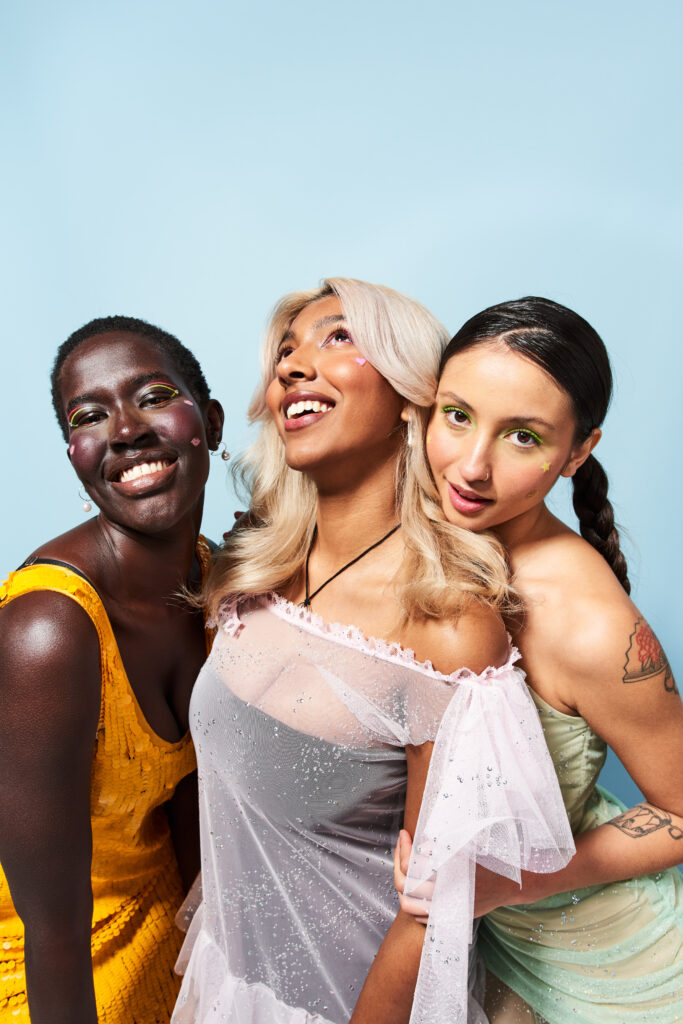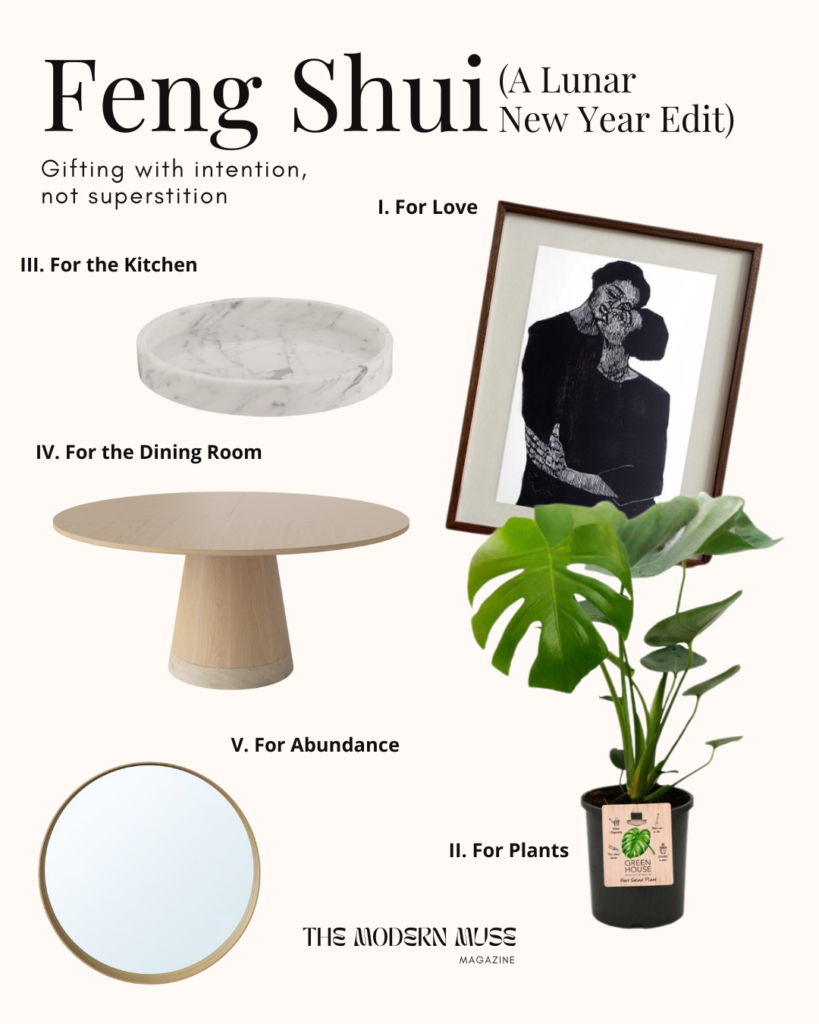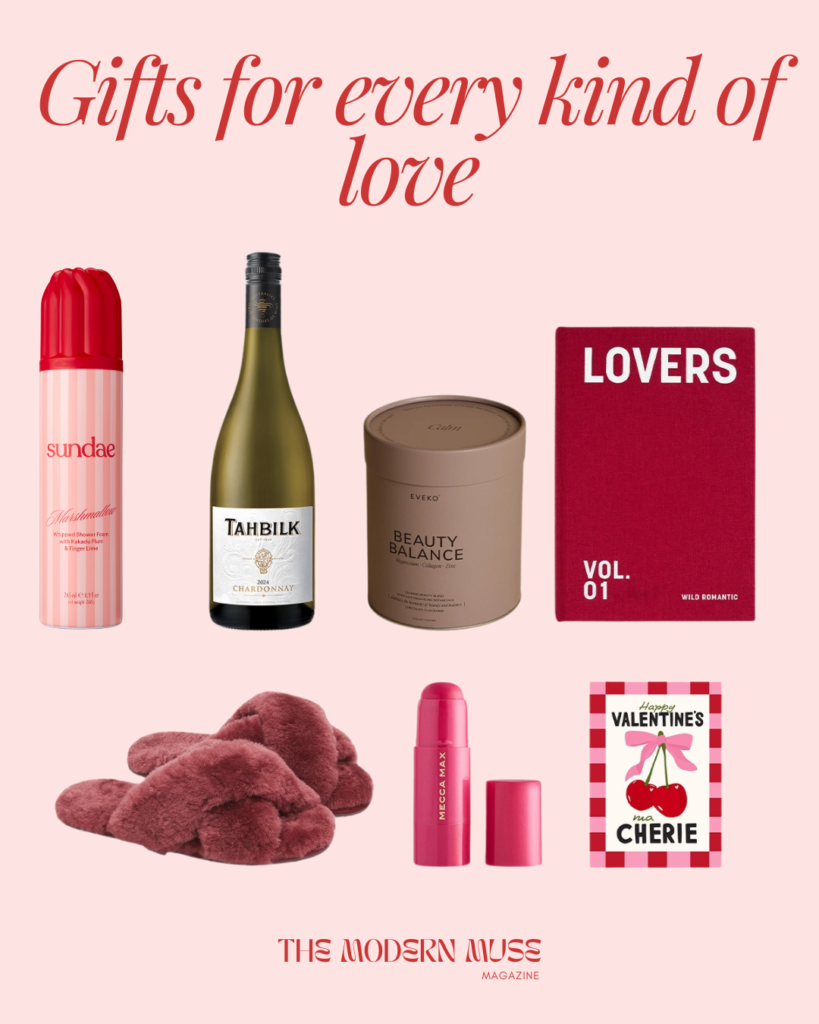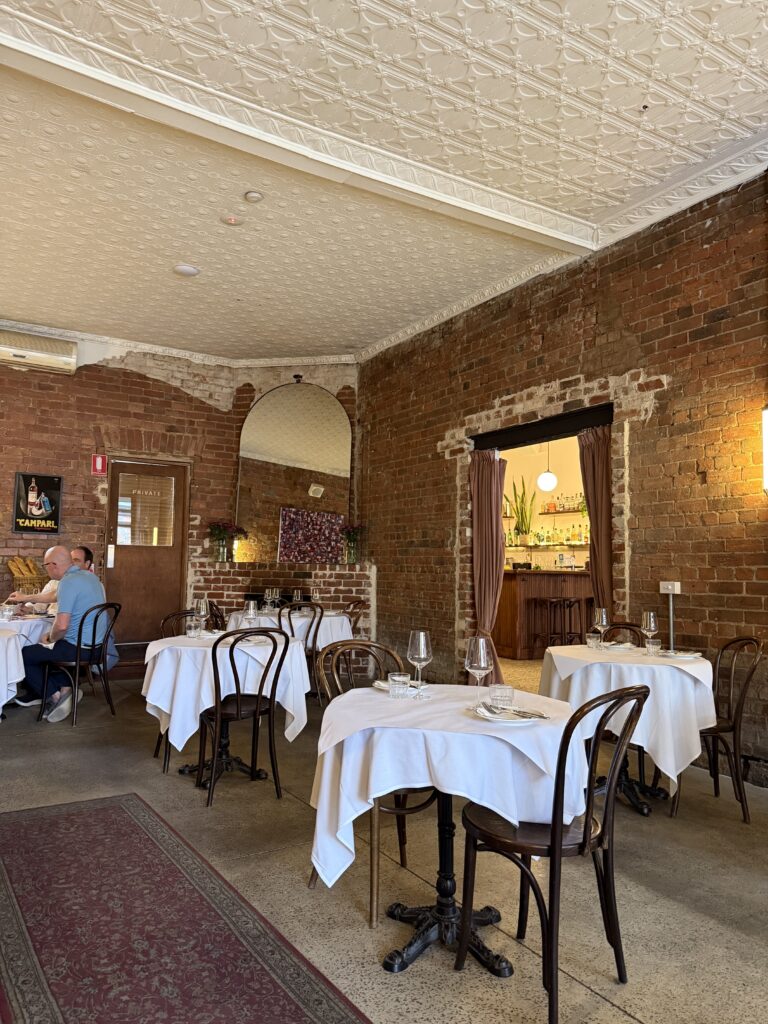Acne can make you want to disappear. It’s one of those things that sounds small—a bump here, a scar there—until it’s not. Until it becomes the reason you cancel plans, avoid mirrors, or convince yourself that you’ll be more loveable when your skin looks different.
I could pull up countless selfies from last year with a peace sign covering my chin. I’ll even tell you that I used to love the mask mandate during COVID, because it hid my pimples. Wild, I know.
In June, Skin Control—the brand behind those cute little star-shaped pimple patches you’ve probably seen on your feed or grabbed for a pamper night—launched a campaign called ‘Put Your Best Face Forward’ in support of Beyond Blue. The goal was simple: encourage people to show up as they are, in the middle of their skin journey, not after it’s “fixed.” For every Instagram Story or TikTok that featured their pimple patches and the hashtag #PutYourBestFaceForward, Skin Control donated $10 to Beyond Blue—helping fund vital mental health services across Australia.

It wasn’t just another brand campaign. For a lot of people, it felt personal.
Skin Control’s founder, Michael Porter, shared that he struggled with severe acne in his teens—and the shame that came with it. “I remember feeling like I wanted to disappear,” he said. “This campaign is incredibly personal to me. It’s the message I wish I could have given my younger self: your skin doesn’t define your worth.”
It’s a message many of us needed to hear. Because even now, in 2025, we still live in a world where ‘perfect’ skin is the default on our screens. Filters blur out blemishes before we even notice they exist. Acne is either hidden or treated like a punchline.
And honestly, being a teenager is already hard enough.
Someone reaches out to Beyond Blue every two minutes, and the link between visible skin and invisible struggles is hard to ignore. If 85% of teenagers struggle with acne, and this has an impact on at least half of that group’s self esteem—then there’s a real risk of depression or anxiety.
What made ‘Put Your Best Face Forward’ feel refreshing was its honesty. It wasn’t polished. People shared makeup-free selfies, raw captions, awkward angles, and stories about learning to be kind to themselves, sometimes for the first time. It wasn’t really about the product, it was about the conversation.
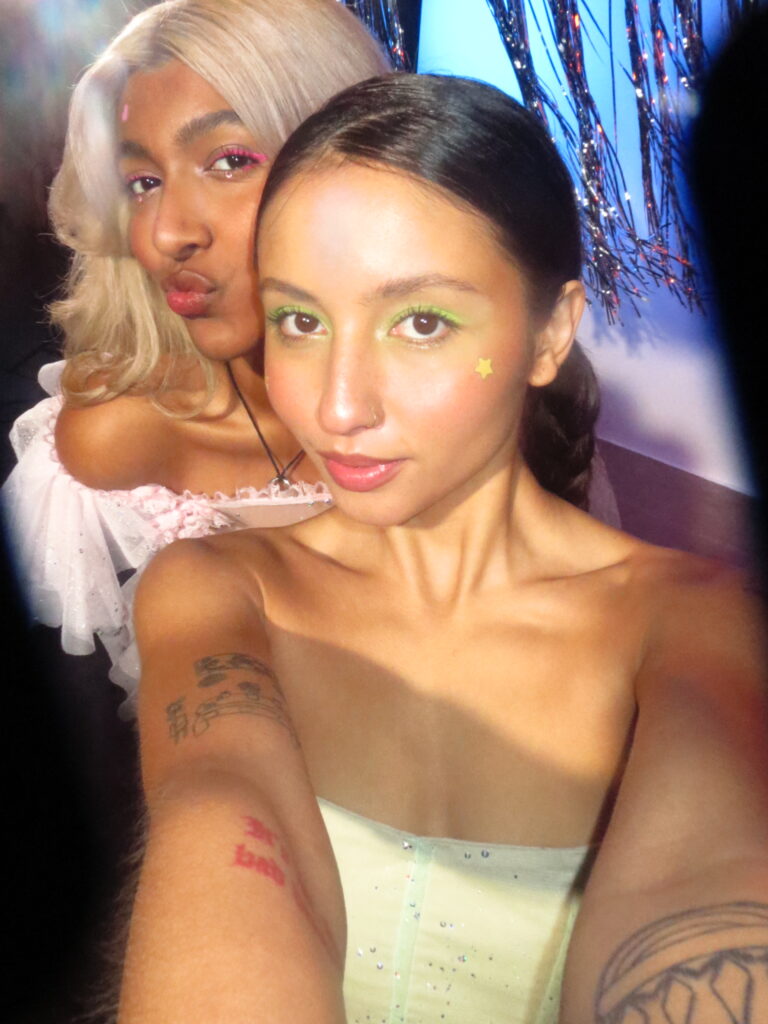
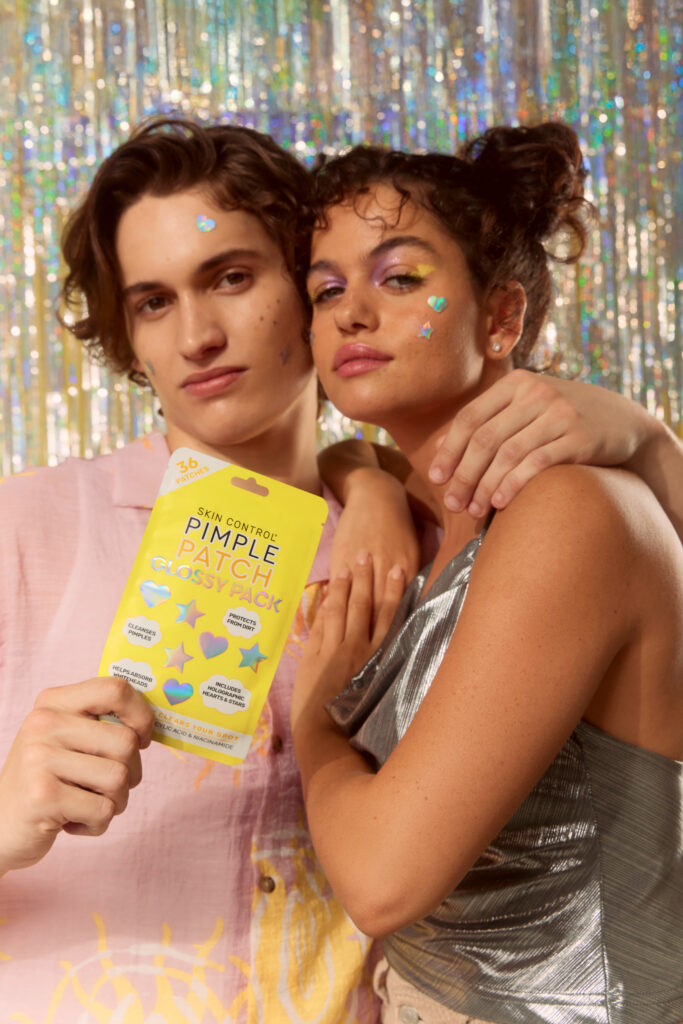
The campaign became a space for anyone who’s ever felt uncomfortable in their own skin. Whether from acne, scarring, rosacea, or just the general pressure of existing in a body which doesn’t always cooperate. It was a reminder that real skin is sometimes textured, usually unpredictable, and always worthy of being seen.
For Skin Control, this campaign is a continuation of the brand’s mission to normalise real skin and support people through every part of their skincare journey. But more importantly, it was a conversation-starter. One that said: you’re not alone. And that kind of messaging can’t be overdone.
Because sometimes putting on a pimple patch and posting a photo is a big deal. Maybe you’ve never even posted without makeup before. But when enough people do it, shame starts to lift.
We all deserve to feel okay in our skin. It’s the only face you get, so be kind to it.
Read more of our Beauty articles here.

